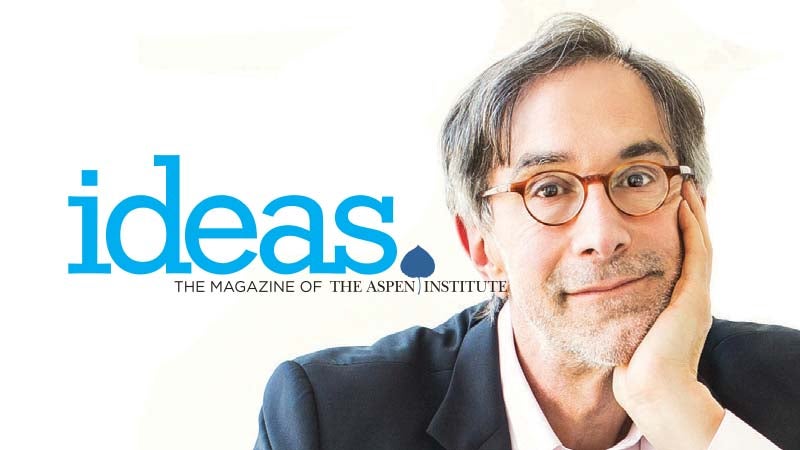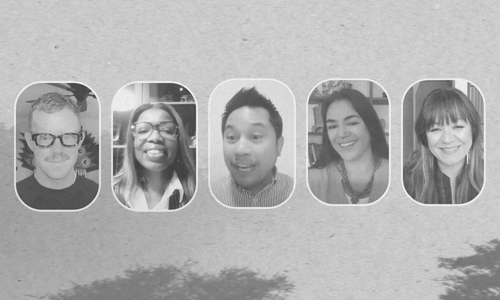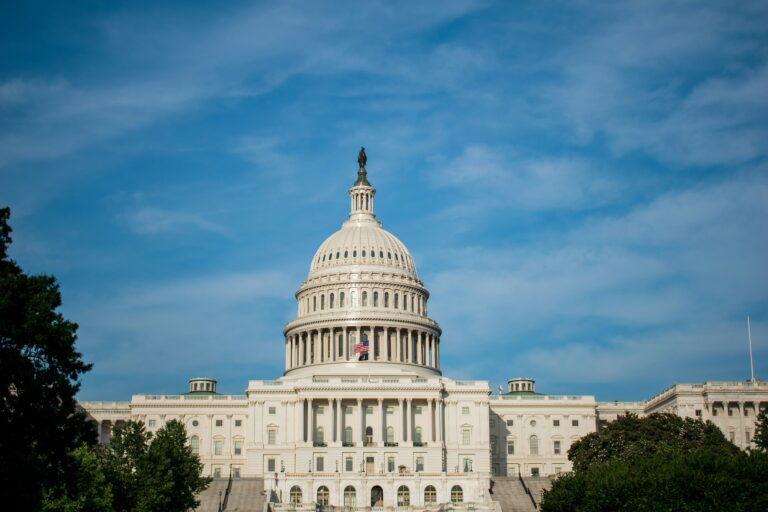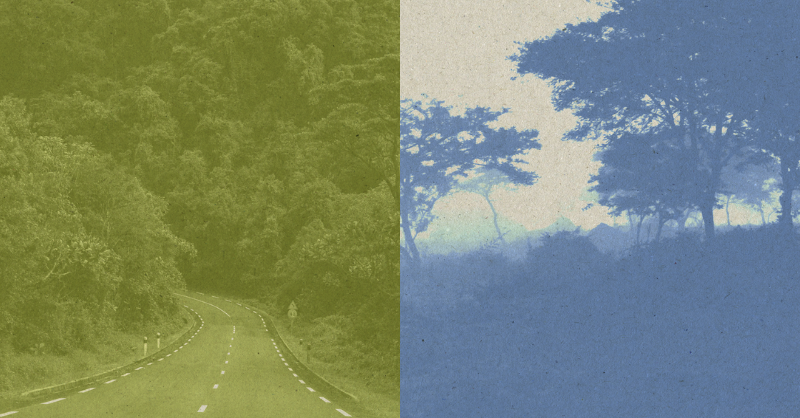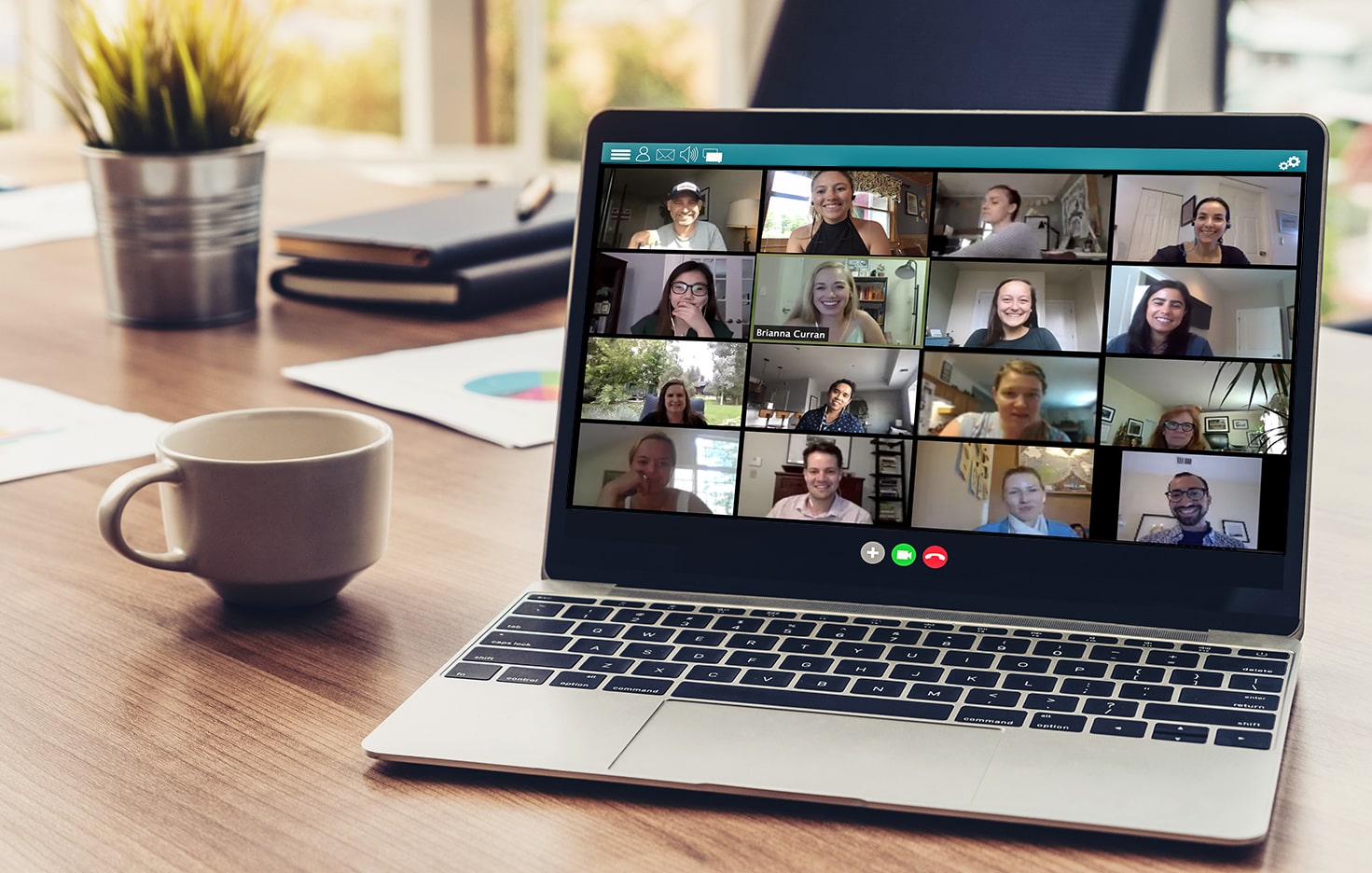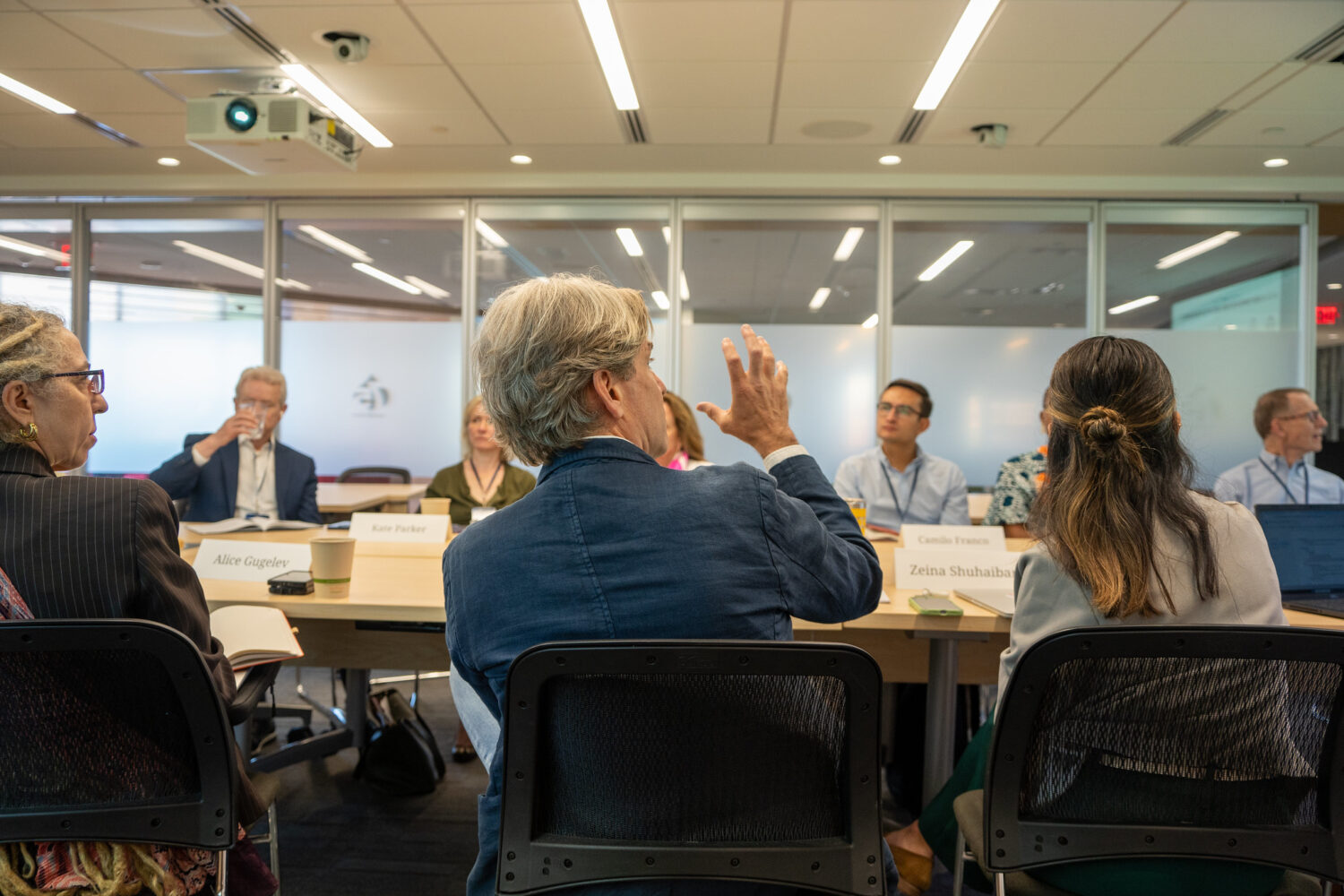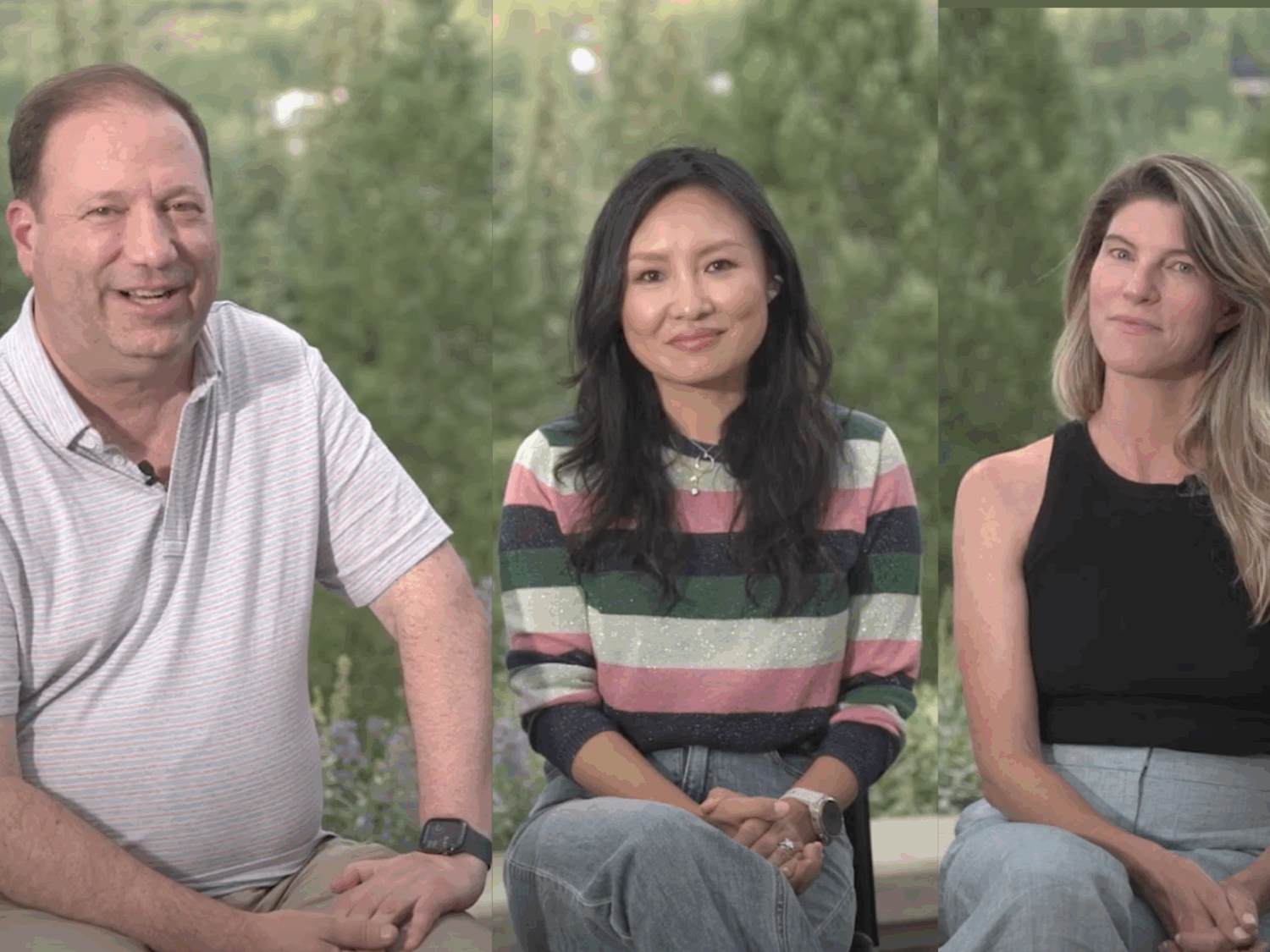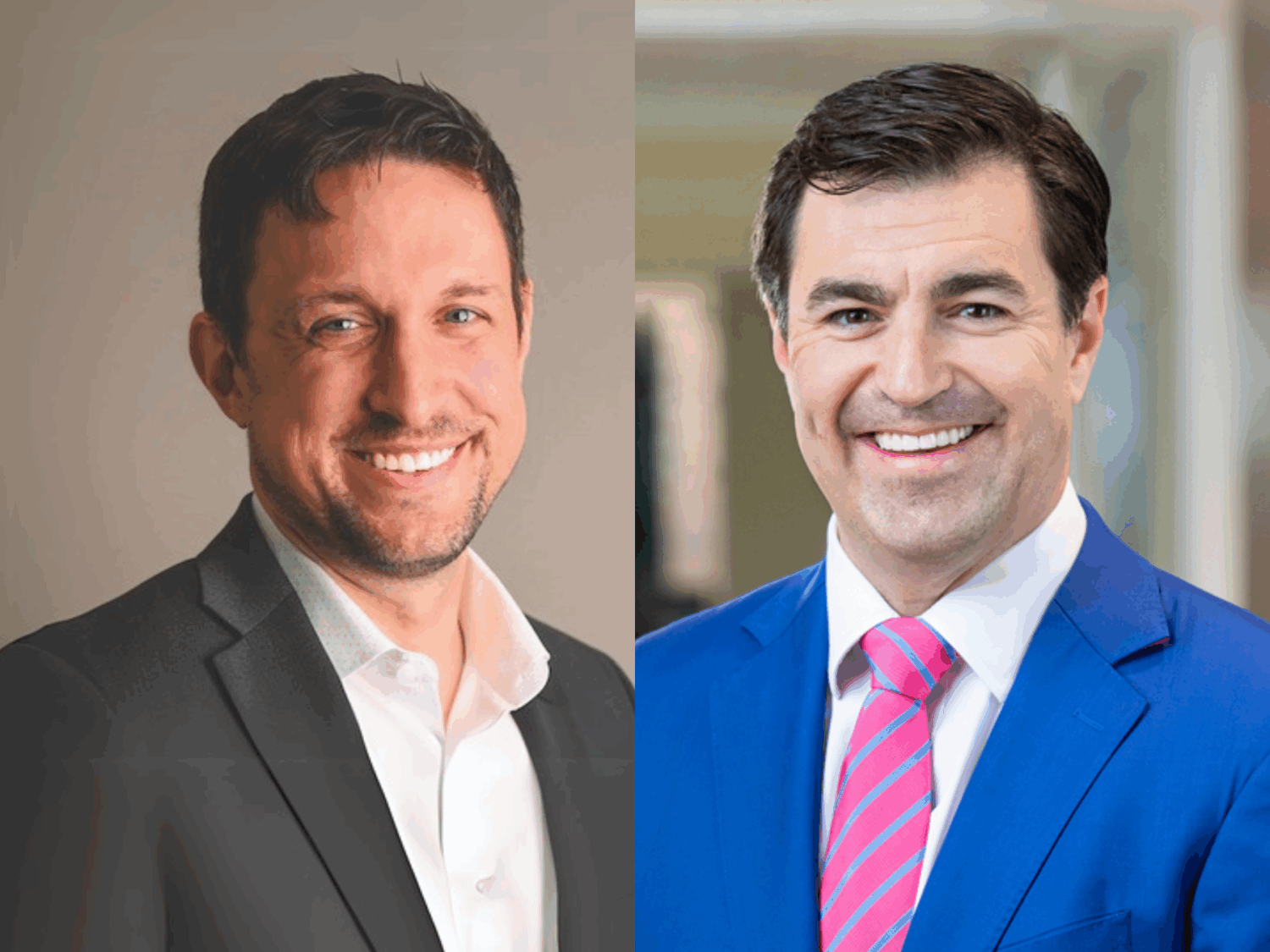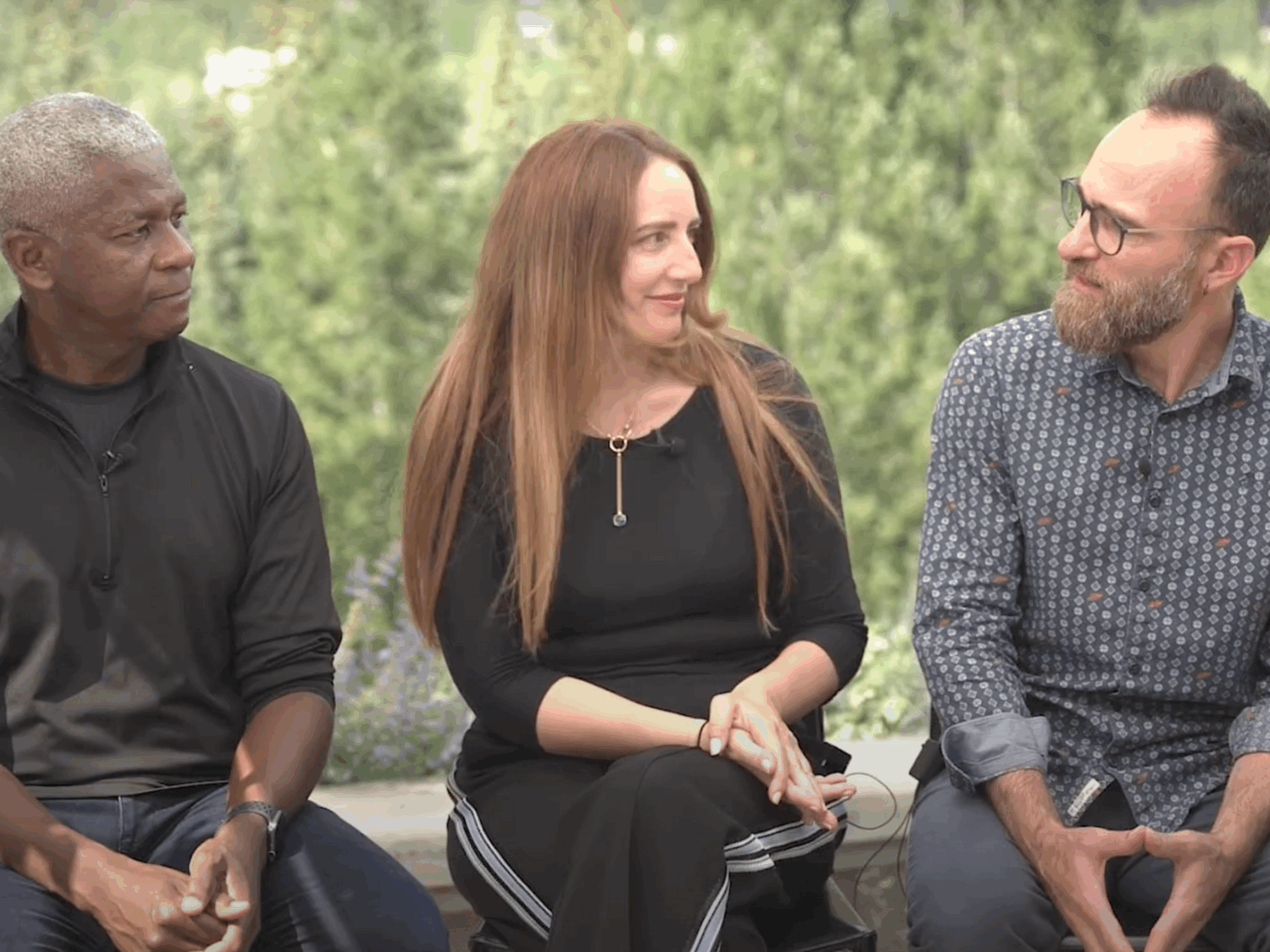
“May I write for your magazine?”
Edmund de Waal was sitting on a bench overlooking sculptor Andy Goldsworthy’s Stone River, one of the earthworks that make the Aspen Institute campus the “total work of art” Herbert Bayer intended it to be.
I was glad we were sitting down. It was an extraordinary request.
De Waal is of course the author of The Hare With Amber Eyes, the international best-seller about artistry and exile—themes that recur in his work as a ceramicist and the subject of his marvelously soulful talks as one of two Harman/Eisner Artists in Residence Program at the Institute. The program began in 2007 with Sidney Harman’s vision, as both Jane Harman and Michael Eisner, the enthusiastic champions of the series, frequently emphasize, of bringing the arts into every Institute conversation. It’s a goal Erika Mallin enthusiastically pursues in her leadership of the Institute’s Arts Program.
Crossing disciplines and issues both current and timeless have been hallmarks of resident artists, who participate in panels and forums throughout the year. This year iconic performer Rita Moreno told Eisner stories of fighting racial casting barriers and enduring the sexual rights Hollywood producers casually assumed were theirs, the anger, shame, and defiance fresh in her voice. And de Waal talked about his “library in exile”—a traveling installation of one freestanding room filled with shelves of his ceramics and 2,000 books by exiled writers that visitors are encouraged to read and even write in. On the room’s exterior walls, de Waal inscribed the names of lost libraries in liquid porcelain over sheets of gold. The very places the exhibition travels denote exile: Venice, in the heart of the first ghetto; Dresden, whose library was destroyed by World War II bombing; the British Museum, where de Waal’s own family lived, and lives, in exile.
The article he gave us—a meditation on creating art, and what thinking about it around the Aspen campus meant to him—is, unsurprisingly, extraordinary. And it is one more reminder of the force of thought, morals, and art that converge only at the Institute.
—Corby Kummer

